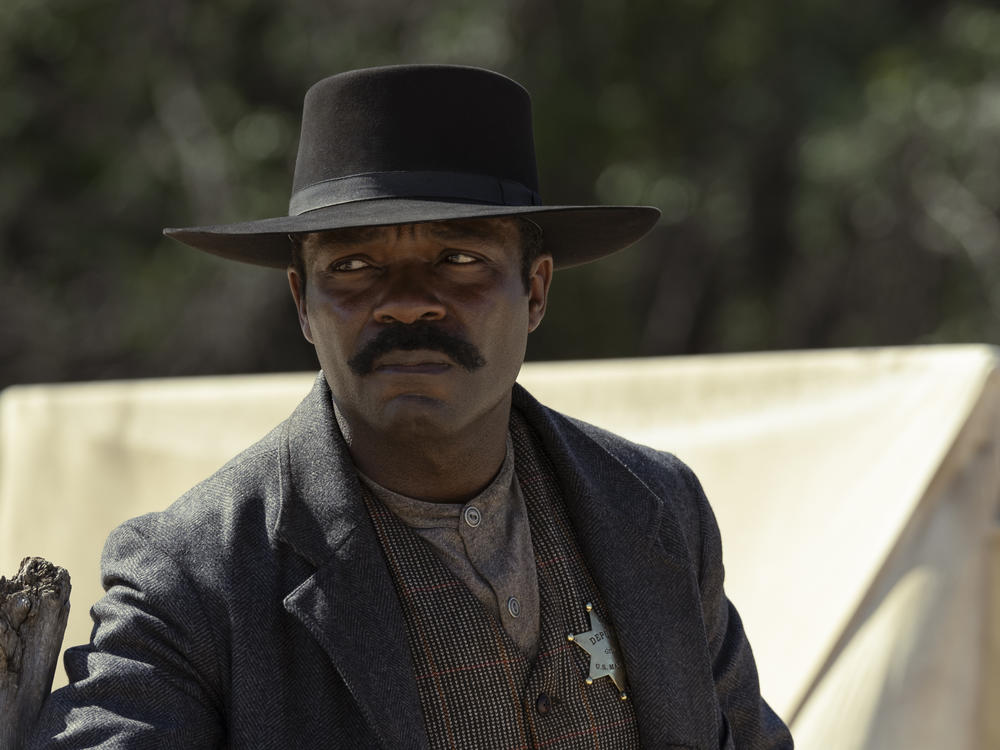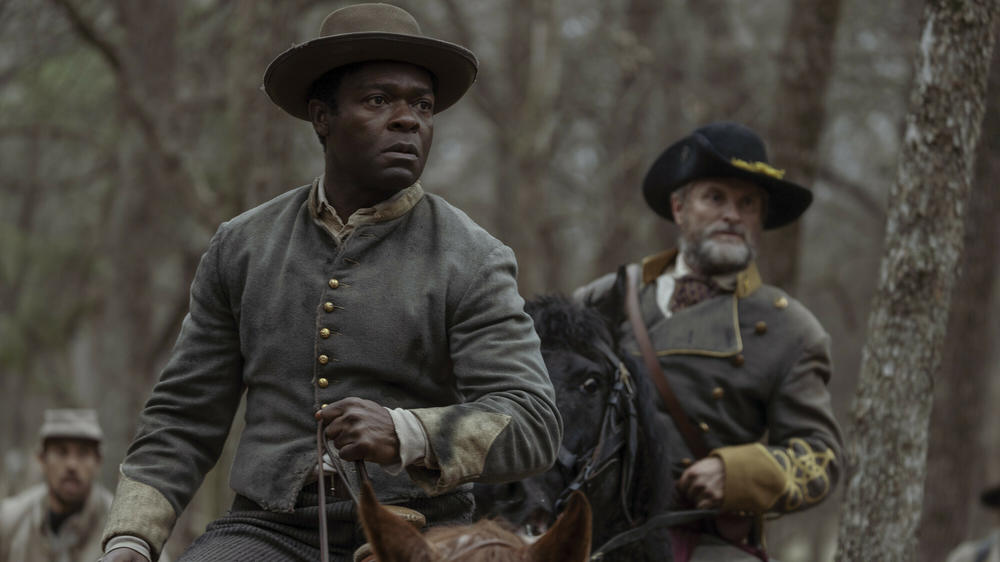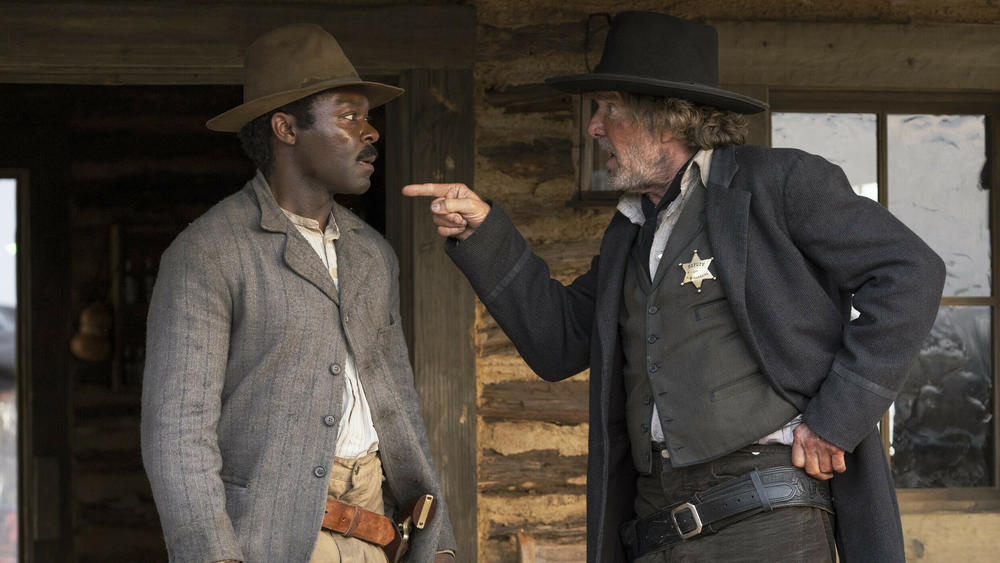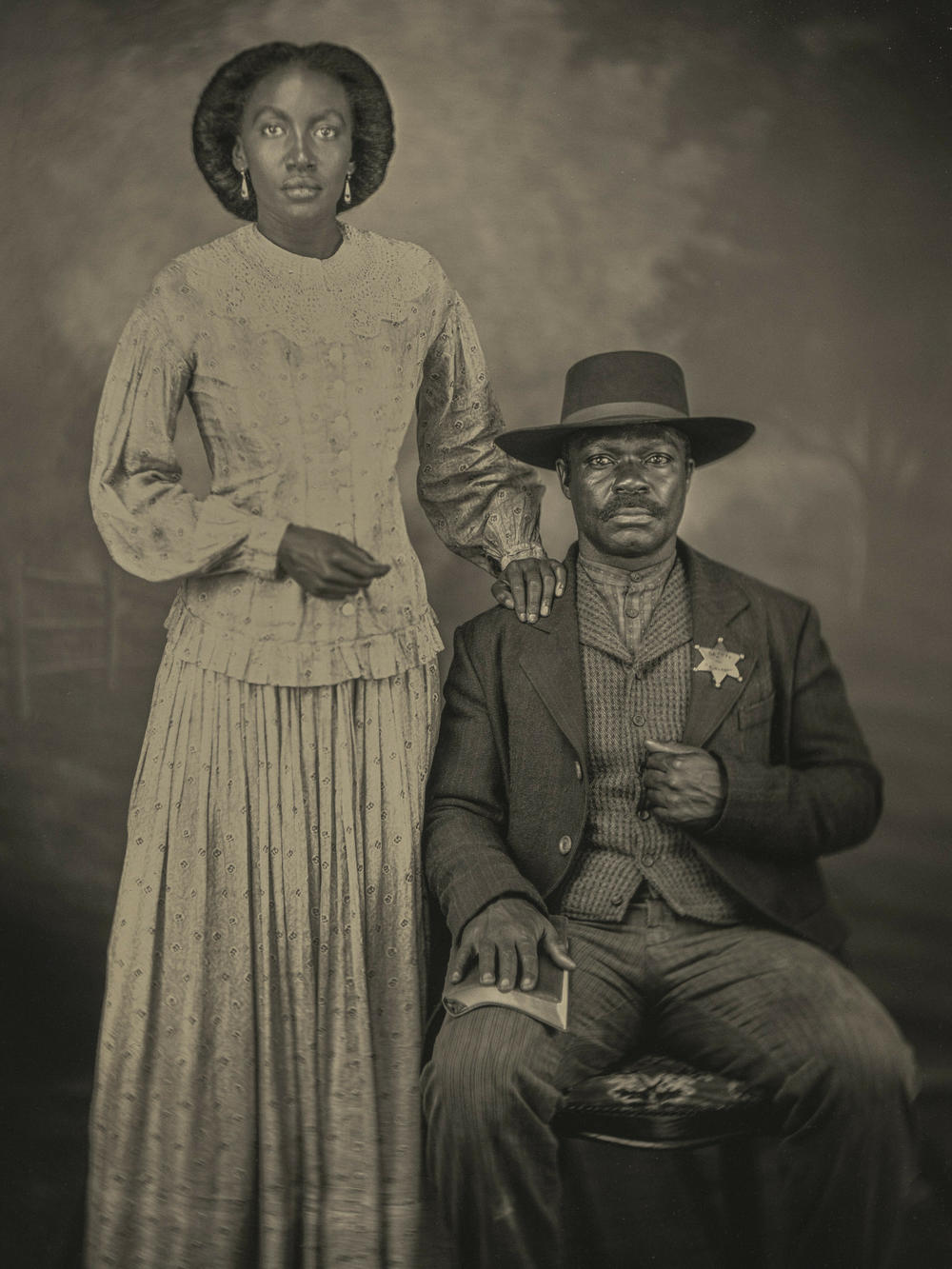Section Branding
Header Content
Bass Reeves deserves better — 'Lawmen' doesn't do justice to the Black U.S. marshal
Primary Content
I really, really wanted to love Paramount+'s new series Lawmen: Bass Reeves.
Not just because it stars magnetic British actor David Oyelowo, in a series he reportedly worked more than eight years to get made. But because, as a Black man who loves Westerns, I have been complaining for decades about the need for someone to make a great TV show or film about Reeves, a real person who was among the first African Americans to serve as a deputy U.S. marshal west of the Mississippi.
Unfortunately, after watching four episodes of Bass Reeves, I fear this is not the series I have been waiting for. Because it spends so much time trying to be a Modern Western Epic, it forgets about why we watch shows like this in the first place: to see a charismatic, take-charge fighter corral the bad guys and save the day.
And his victory feels all the sweeter because, this time, the hero is a Black man.
Once enslaved, Reeves becomes a free hero
Instead, Bass Reeves kicks off with the lead character in servitude during the Civil War – he's enslaved by an officer in the Confederate Army. On the battlefield, Reeves kills another Black man on the Confederate side who tries to run away from a brutal battle with Union forces.
Later, when his master cheats at a card game where the prize was to be his freedom, Reeves beats him down and has to flee. (This is a recurring theme which also doesn't get much explanation – how was Reeves able to develop the habit of beating up white men who violate his strong moral code, given how oppressed most Black people were at the time?)
What follows is an over-long preamble setting up Reeves' legend — we see him living with a Native American family and becoming a failed farmer before actually joining law enforcement in episode three – delaying his appearance as the galvanizing force for justice that made him a western legend.
Oyelowo plays Reeves as a taciturn man of few words. Which means a lot of screen time goes to know-it-all white guys around him constantly telling the camera who they are, played by some of the best character actors in the business – like Shea Whigham as the Confederate officer who once owned Reeves, Dennis Quaid as a marshal who enlists his help to catch a fugitive and Donald Sutherland as the judge who eventually hires him to be a marshal, too.
But the central tension in a story about a Black lawman in the Old West should be the fact that the law was so often used as a cudgel to unfairly oppress people who weren't white. And while we see Reeves advocate for treating non-white criminals with more understanding – one of them even becomes his backup partner – we don't see him questioning the basic structure of it all, at least in the first four episodes.
And the show doesn't do much to explain why a formerly enslaved man would even agree to enforce a justice system built by white men – though his devout Christianity is often shown to be the source of his strong moral code.
Challenging the cowboy myth with casting
America loves tales where it is the hero of its own story. It's one reason why Westerns are often so popular – traditionally, they've offered unambiguous stories about the triumph of heroes, the depravity of villains and the virtue of brave (usually white) cowboys and settlers populating the American west.
But placing a non-white person, especially a Black person, in the center of that narrative for a TV show or film changes everything. Because suddenly, storytellers must account for slavery, racism, oppression and the way in which many average white people back then simply assumed that Black people were not fully people – a decidedly non-heroic posture for 21st century audiences.
It's easier to ignore that reality – which is probably why Hollywood produced two Wyatt Earp films in the mid 1990s, but has taken decades to tackle the story of a Black western hero who may have inspired the fictional Lone Ranger character.
Oyelowo wound up teaming with Yellowstone creator Taylor Sheridan to get Bass Reeves made, which may explain its strained attempts to build his story into an epic tale and its awkwardness around race. (Despite its success, Yellowstone's focus on validating the virtue of the white Dutton family's possession of land in the west has always made its attempts to feature Native American characters feel perfunctory.)
One trap the series falls into is showing Reeves as a singular superman – he is the only Black character whose skills, smarts and moral code elevate him above the oppression most of his people faced, even after the Civil War ends. He walks through the front door of saloons without question. He challenges white men, punching Quaid's character in one contentious moment, without fear of being lynched.
Watch too much of this and you get the sense that all anyone like Reeves had to do to escape oppression back then was to shoot straight, be honest and beat up anyone who disrespected them. When Sutherland's character makes him a marshal, they don't even have a conversation over whether the public will accept a Black man arresting white people – which feels a tad unrealistic.
I've only seen four of the show's episodes, so with any luck, some of these issues will be addressed in future installments. And given how white families are centered in all the other series in Sheridan's Yellowstone-inspired TV universe, it is a pleasure to see an intact Black family at the heart of this one.
But this is just the first season of an anthology series which will go on to profile other lawmen. And its struggle to remain entertaining while also telling Reeves' complicated story shows there's still a ways to go before we get true equality in the world of heroes from the Old West.
Copyright 2023 NPR. To see more, visit https://www.npr.org.




